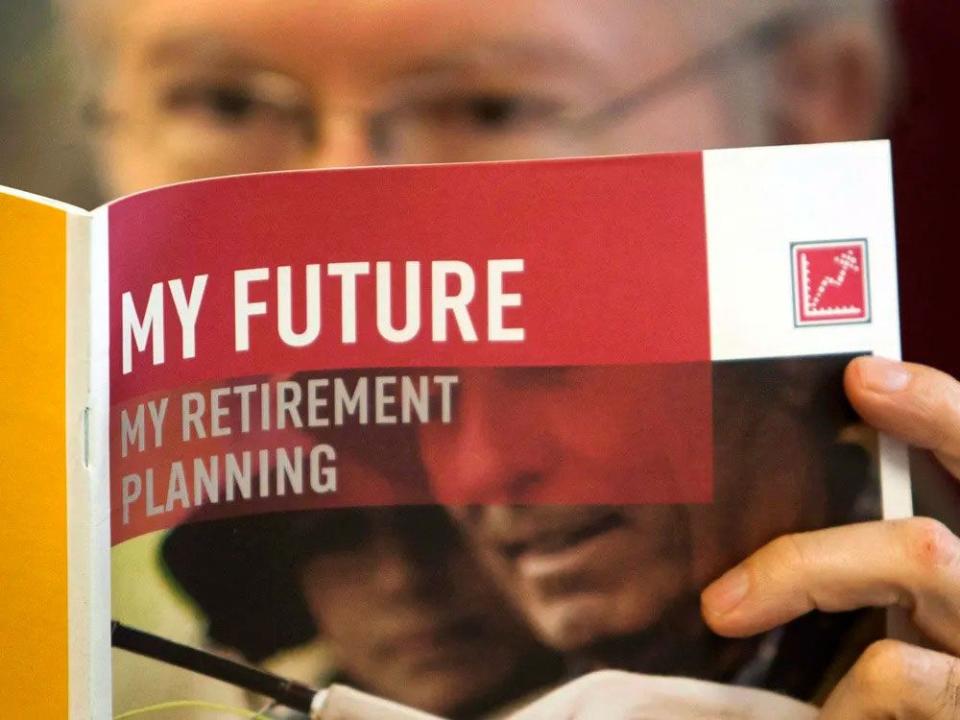Canadians now expect to need $1.7 million to retire, up 20% from 2020, BMO survey finds

Canadians believe they will need to save up $1.7 million to retire, up 20 per cent from 2020, according to a study published by BMO Financial Group on Tuesday.
“While the anticipated headwinds in 2023 will understandably prompt concerns about how inflation and interest rates will affect our finances, Canadians remain resilient and are taking proactive measures to protect and invest in their retirement nest egg,” said Nicole Ow, the head of retail investments at BMO.
The report said Canadians are prioritizing retirement savings as both contributions and account holdings have increased from the previous year. The national average amount held in Registered Retirement Savings Plan (RRSP) increased two per cent to $144,613 in 2022, while almost half of Canadians said they’ve contributed to their RRSPs for the tax year.
However, despite believing they need to save more money, only 44 per cent of Canadians are confident they will have enough to retire as planned, the study said. This figure represents a 10 per cent decrease from 2020.
FP Answers: We're in our 50s, but do we have enough to retire next year on $70,000 per year?
FP Answers: My portfolio is down 30%. Do I still have enough to retire this year?
BMO said 74 per cent of those surveyed said they are concerned about how current economic conditions will affect their financial situation, while 59 per cent say those conditions are making them less confident of meeting their retirement goals.
Inflation hit a four-decade high of 8.1 per cent in the summer of 2022 but fell to 6.3 per cent in December and is expected to decline further by the end of this year, according to BMO Economics. The sharp increase in CPI in 2022 exceeded wage gains and resulted in a significant loss of most families’ purchasing power, it said.
As for retirement planning, the survey said Canadians take different approaches, including 22 per cent planning to retire at between the ages of 60 and 69 with an average age of 62.
Meanwhile, among those who had experienced a major life event, such as starting a family, moving homes or starting a new business, since the beginning of the pandemic, 20 per cent had experienced a loss of income and nine per cent had to make a large payment.
The study added that 69 per cent of Canadians believe the state of the economy has affected the amount they are saving, and 60 per cent say it has affected the money they are investing.
Canadians can look to financial advisers to help them remain focused on their financial goals during disruptions, major life events and uncertainty, Ow said.
The BMO survey, conducted by Pollara Strategic Insights, surveyed 1,500 adult Canadians online between Nov. 4 and 7, 2022. The margin of error for a probability sample of this size is ± 2.5 per cent, 19 times out of 20.
• Email: dpaglinawan@postmedia.com | Twitter: denisepglnwn

 Yahoo Finance
Yahoo Finance 